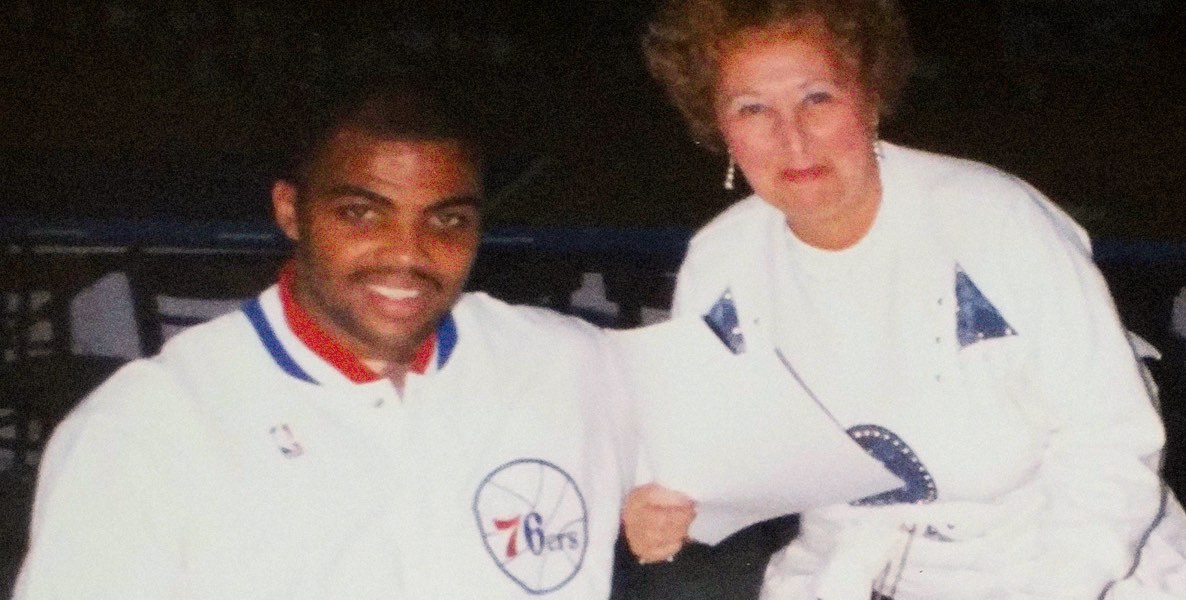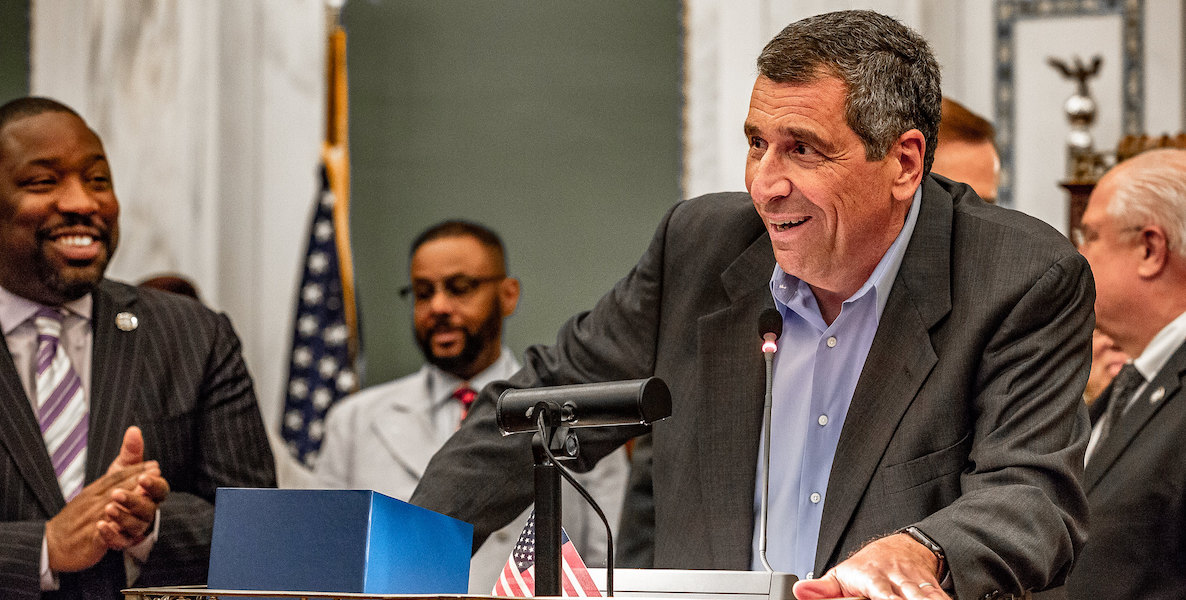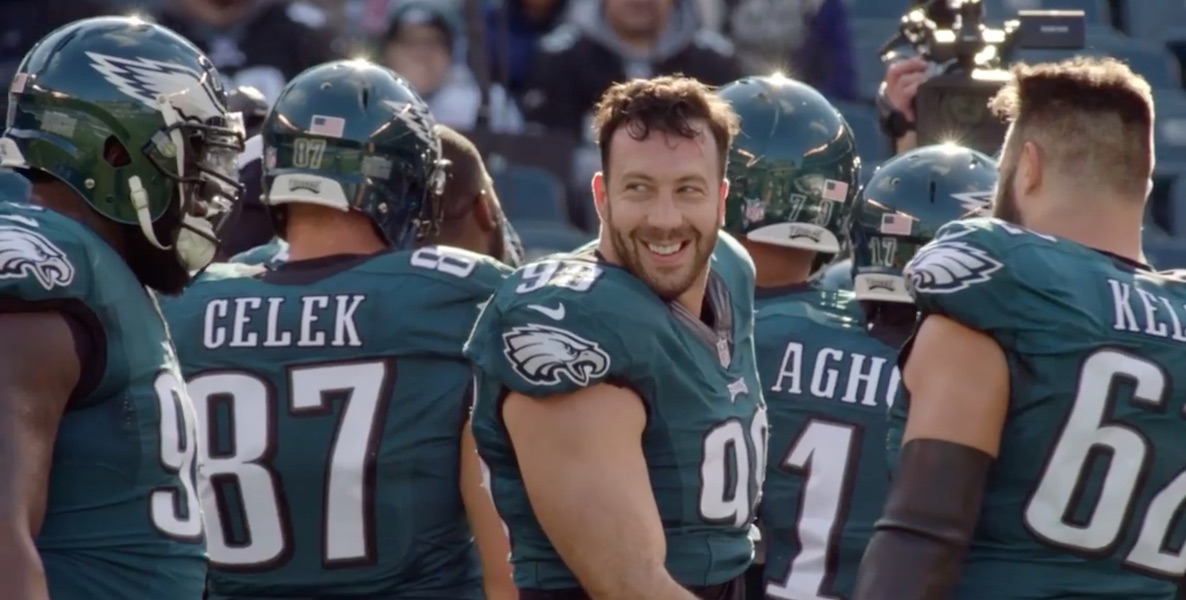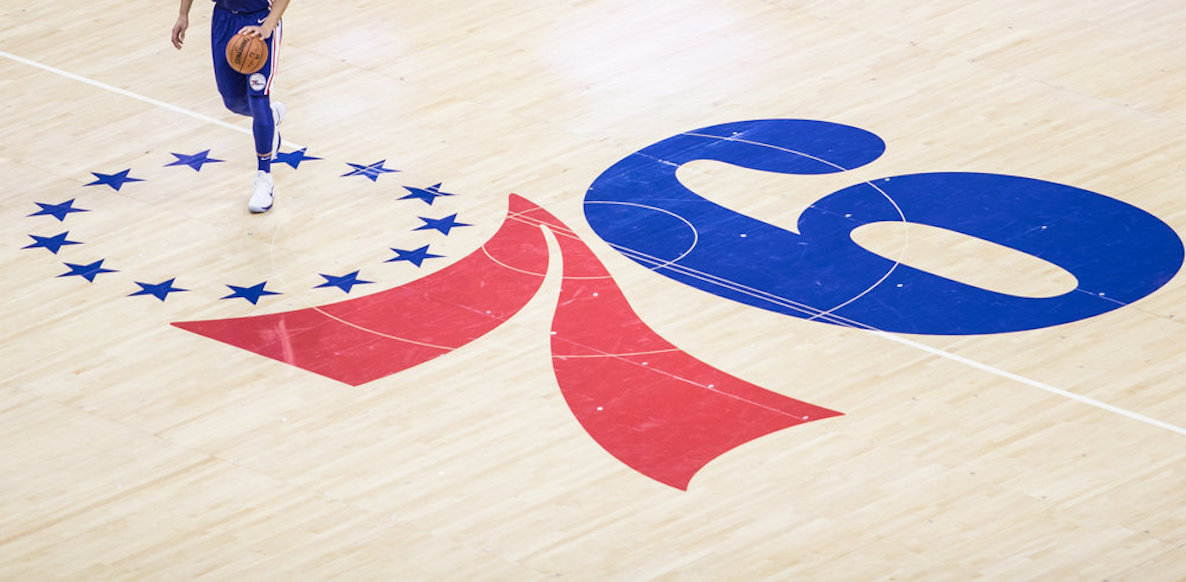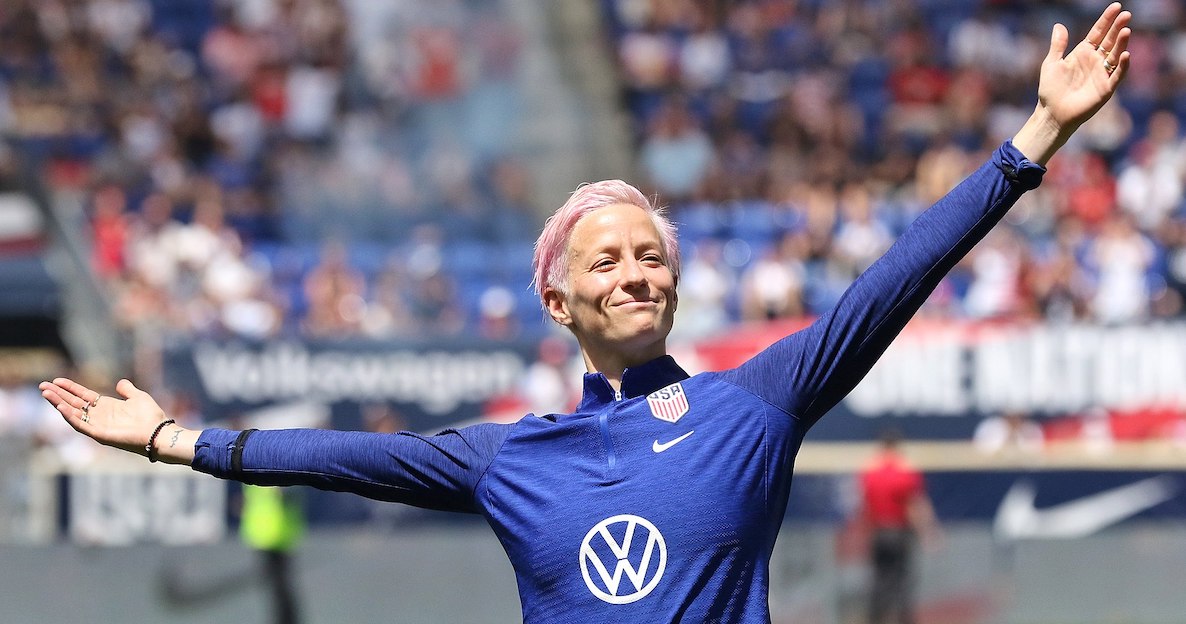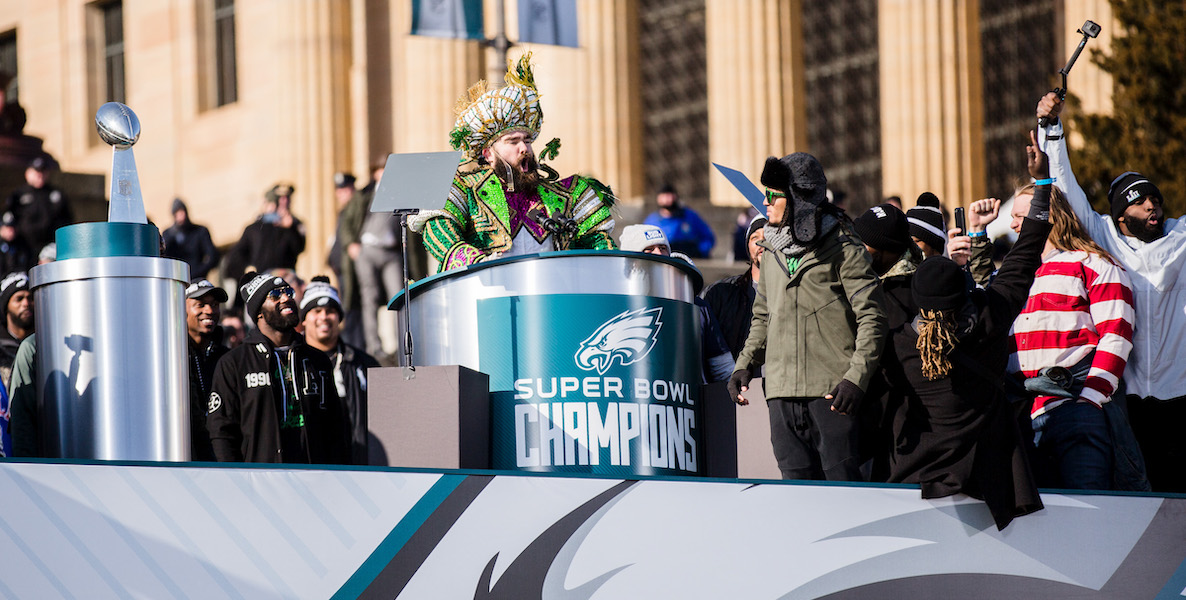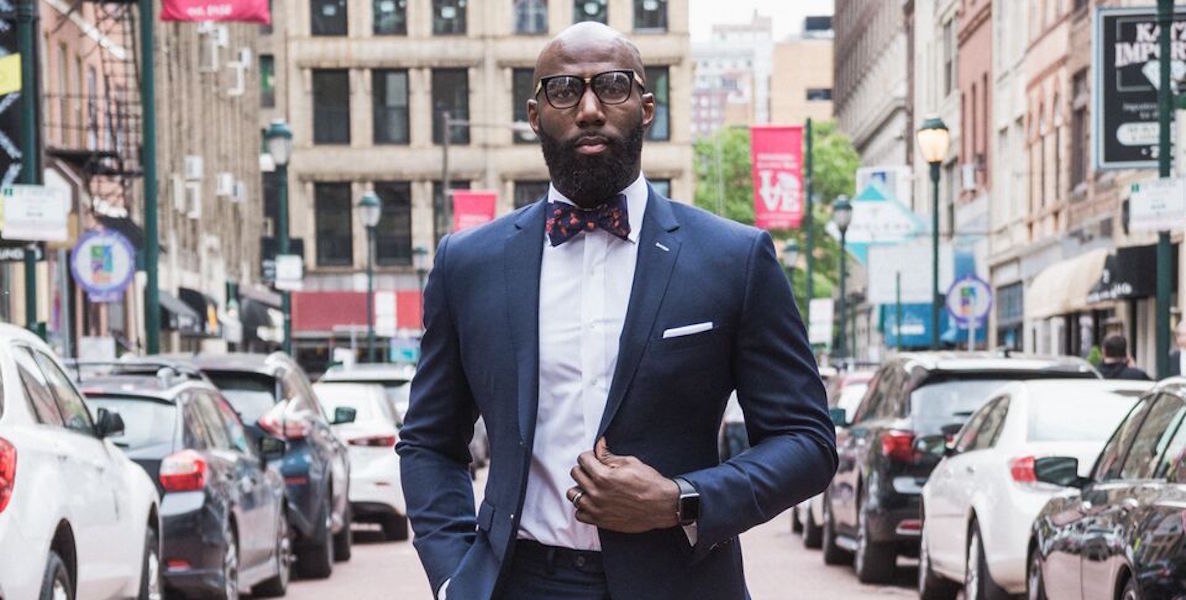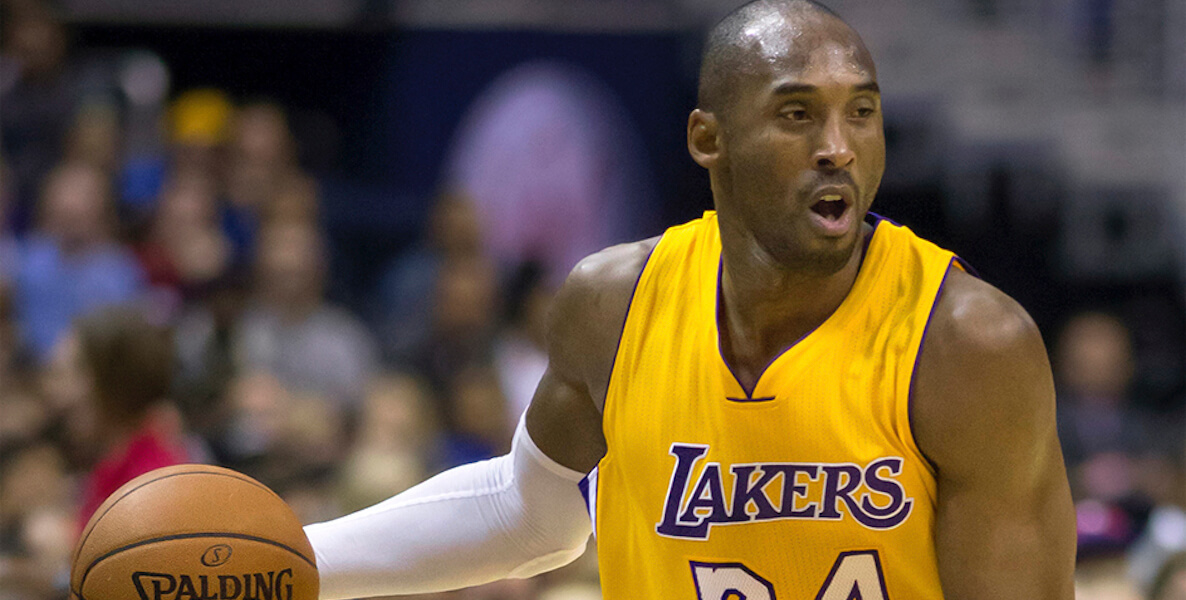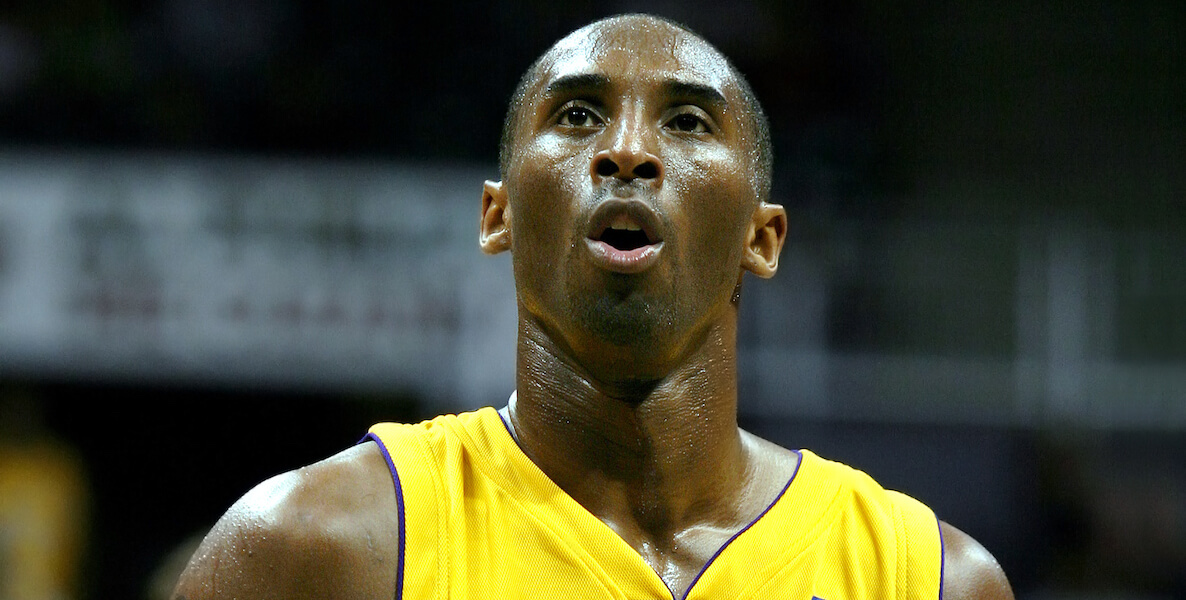I was never a Kobe guy.
I was a Philly guy, an Iverson guy and, if I had to pick from among the Lakers’ two titans, a Shaq guy, as well.
To this story in CitizenCastLISTEN
It’s one of the most shocking tragedies the sports world has experienced.
Nine people died in that helicopter crash. One of them stood among the greatest players to ever don an NBA jersey, but more than that, he was one of the most magnetic, influential and polarizing superstars the game has ever seen.
And for as many people who loved him, there were plenty who didn’t. Like me.
My negative feelings about Kobe, early in his career, weren’t merely, “Oh, he plays for the Lakers, so I hate him.” The differences were philosophical: He seemed like a beyond-cocky, me-me-me player. (Going back to the time when he announced, in 1996, that he’d be going straight from Lower Merion High School to the NBA, and he staged a theatrical production in the school gym: “I’ve decided to take my talent to the NBA,” he said, wearing sunglasses indoors.)
As the years went on, I blamed him for not putting his ego aside to benefit his team. “If he’d been okay with playing second-fiddle to Shaq, that team could have won six titles in a row,” was my common refrain to friends.
If the Sixers had drafted Kobe instead of Allen Iverson, things between us probably would have been different. He would have been the local boy who became a legend for his hometown team, and I would have loved him in spite of his brashness—as I certainly did with Iverson.
But Kobe went to the Lakers, and although everyone knew he came from Philly, once he was out west, he always felt like an L.A. guy.
I remember the local fans booing him during the 2002 All-Star Game in Philadelphia, and feeling like he deserved it. (The irony is not lost on me that I’m writing these words from an L.A. apartment, some 20 miles from the site of the helicopter crash.)
In the second phase of his career, Kobe became a better teammate, a better leader. He championed women’s athletics in ways that few male athletes have. He decided to become a filmmaker, won an Oscar. And he devoted himself to his family with the level of intense passion and focus he brought to everything in his life.
Early on, Kobe struck me as an example of the kind of person who only cared about himself and about winning, regardless of the collateral damage his mentality inflicted upon others. And when the news of the rape case against Kobe first came out, this fit the narrative perfectly.
That case is the elephant in the room behind all the coverage this tragedy is receiving, and that’s almost unavoidable. It was a major chapter of Kobe’s life, and of the life of the young woman to whom Kobe eventually apologized after a long and very public legal ordeal.
It’s not an easy subject to bring up, especially not now. Still, to publish a story about Kobe’s life without mentioning the rape case would be like telling the story of Joe Paterno’s life without Jerry Sandusky, Pete Rose’s life without gambling, Tiger Woods’ life without the cheating scandal or Michael Vick’s life without dogfighting.
For those of us old enough to remember the Kobe case, it was a huge deal—an event that gained widespread media attention for months on end. This was years before #MeToo, and in those days it was not a normal thing for one of the world’s biggest stars to get arrested and charged with rape in the middle of an NBA season.
It’s understandable why, for many people and especially for those who have had their own experiences with sexual assault, it must be difficult to see Kobe being celebrated right now, because that case was always in the back of their minds when they saw him on TV or heard his name mentioned.
Re-reading the background details of the case, there are valid reasons—including the firsthand accounts and the initial evidence of the case—why people are unwilling to sweep the allegations under the rug.
That being said, we live in a country where a person is presumed innocent until proven guilty, and in the eyes of the law, Kobe Bryant was innocent of the crimes charged against him.
To publish a story about Kobe’s life without mentioning the rape case would be like telling the story of Joe Paterno’s life without Jerry Sandusky, Pete Rose’s life without gambling, Tiger Woods’ life without the cheating scandal, or Michael Vick’s life without dogfighting.
Unlike the examples of Paterno, Rose, Woods and Vick mentioned above, Kobe’s wrongdoing in his situation was a matter of interpretation, not of established fact.
For these reasons, it is also understandable why so many people were outraged when reporters mentioned the sexual assault case within hours of Kobe’s passing: This man, beloved by many, had been charged with an incredibly serious crime, was arrested and publicly shamed, and went through the criminal judicial process in accordance with our nation’s bedrock legal principles.
To now raise the specter of the accusations, which were never proven in court, must seem to many people like a special kind of speaking ill of the dead (which is already a sensitive subject).
Whether you feel he deserved it or not, Kobe Bryant was given a second chance in life.
A second chance to rebuild his image, to become a better husband and father, and to grow as a human being. And by all accounts, he made the most of that second chance.
The Kobe who emerged from that time period—when he was involved not only in legal turmoil, but also in the crumbling of the Shaq-Kobe-Phil triumvirate in L.A.—was a different man than the one whom I disliked early in his career.
In this second phase of his career (and, sadly, the second half of his life), Kobe showed a maturation and sense of community responsibility that wasn’t there before. To be sure, he still cared as much as ever about winning, but as he got older he finally seemed to care about other people as well.
Even then, I was still not a “Kobe guy,” but he had earned my respect as someone who, when given an opportunity to change his life for the better, did exactly that.
I like to believe that people can redeem themselves, and from my vantage point Kobe had humbled and transformed himself into an NBA elder statesman, loving father and positive contributor to society.
About athlete leadershipRead More
He championed women’s athletics in ways that few male athletes have. He decided to become a filmmaker, won an Oscar. And he devoted himself to his family with the level of intense passion and focus he brought to everything in his life.
I wasn’t the only one whose mind Kobe changed during these years.
When he played his last game as a Laker in Philadelphia, he received a warm ovation—a stark contrast to the boos that serenaded him during that All-Star Game so many years prior.
And when he retired, he received heartfelt farewells from scores of players, young and old, who appreciated the mark he had left on basketball and on their lives.
He had come full circle, leaving the game not as a teenage phenom with a head full of his own invincibility, but as a grizzled veteran appreciative of his journey and the blessings in his life.
Which brings us to Sunday.
I was at brunch with a group of friends, getting ready to leave, when one from our group looked at his phone and broke the news: Kobe Bryant was dead.
The initial rumors we heard were that all of his daughters and Rick Fox might have been with him as well. The fact that this wasn’t the case didn’t make us feel any better: Kobe’s death was real, his daughter Gigi was with him, and we were waiting with already pained hearts to find out who else was in that Skikorsky S-76 helicopter.
It was surreal, driving home through the same fog that plagued that chopper’s flight. When I got back I called my friends, called my parents. I watched coverage on ESPN, read articles online and followed social media. When we finally learned all the details, it was devastating.
John, Keri and Alyssa Altobelli. Christina Mauser. Sarah and Payton Chester. Ara Zobayan. Gianna Bryant. Those were the eight people with Kobe on that flight, almost all of them connected to the sports world in some way.
In the days since, what’s been getting to me the most is that these were families.
The Altobelli family of five has been reduced to two orphaned children who lost their father, mother and sister all on the same day.
The Mauser family of five lost their 38-year-old mom and wife.
The Chester family of five lost their mother, wife, daughter and sister.
The Bryant family of six lost a father, husband, daughter and sister.
I’m not finding reports on the family of pilot Are Zobayan, but these weren’t just families on board. These were community members, of which Zobayan sounds like a shining example, and the ripple effects they would have had on the lives of others is staggering to consider.
About the people who lost their lives with KobeLearn More
Riding home, I listened to “American Pie,” Don McLean’s 1971 hit that references “the day the music died,” the 1959 plane crash in which Buddy Holly, Ritchie Valens and The Big Bopper perished. A song that seemed all too fitting.
Reflecting more, it occurred to me that never in American sports history has such a giant star perished in such a shocking and untimely way. Other deaths of similar magnitude include Roberto Clemente, Dale Earnhardt, Steve Prefontaine, Roy Halladay, Thurman Munson, Len Bias, Flo-Jo, Hank Gathers and others. But none of those athletes was Kobe.
I will always remember where I was the day Kobe Bryant died. My guess is, so will you.
At 41, he still had decades of life ahead of him, and he clearly was not planning on spending them idly. He seemed hell-bent (his default setting) on using his platform and abilities to inspire future generations, and to leave a legacy off the court that could someday compare to his on-court accomplishments.
Regardless of my past feelings about Kobe as a person and player, and even regardless of his perceived character flaws and alleged misdeeds, the pain and loss that millions are feeling right now is entirely appropriate.
Kobe meant something to people. His work ethic, his relentlessness, his unceasing motivation to be great—these qualities made him an example that others could look to in times of uncertainty and adversity.
Was he a saint? As a human being, probably not. As a basketball player, an example of greatness and a case study on the merits of hard work? Beyond any doubt.
Kobe was clearly improving. Look at the people surrounding him in his final moments: Community leaders, loving parents, caring humans. Kobe had become one of them. He had earned that honor—to be known as a dad, a coach, a valued member of society.
And as a human, he was clearly improving. Look at the people surrounding him in his final moments: Community leaders, loving parents, caring humans.
Kobe had become one of them. He had earned that honor—to be known as a dad, a coach, a valued member of society.
I was never a Kobe guy, but every time I think about him now, I’m filled with sadness. His death—and the deaths of his daughter and the seven other sparks of humanity aboard that flight—is one of the most heartbreaking sports stories we’ve ever seen.
When Kobe Bryant is inducted into the Basketball Hall of Fame later this year, what should have been a joyous moment with Kobe, Shaq, MJ, AI and all the greats celebrating will instead be a somber occasion, marked by the absence of one of the most transcendent, enigmatic and driven athletes ever to put on a uniform.
When the Hall of Fame calls Kobe’s numbers, there likely won’t be a dry eye in the house.
I’ll be crying, too.

A Philadelphia native, Sam Rosenthal has written about sports, politics, travel and life for a variety of publications. He currently is a Content Strategist for Clio, and is submitting his debut novel for publication. Follow him at @SamRoseWrites.
Header photo courtesy Alexandra Walt / Flickr


